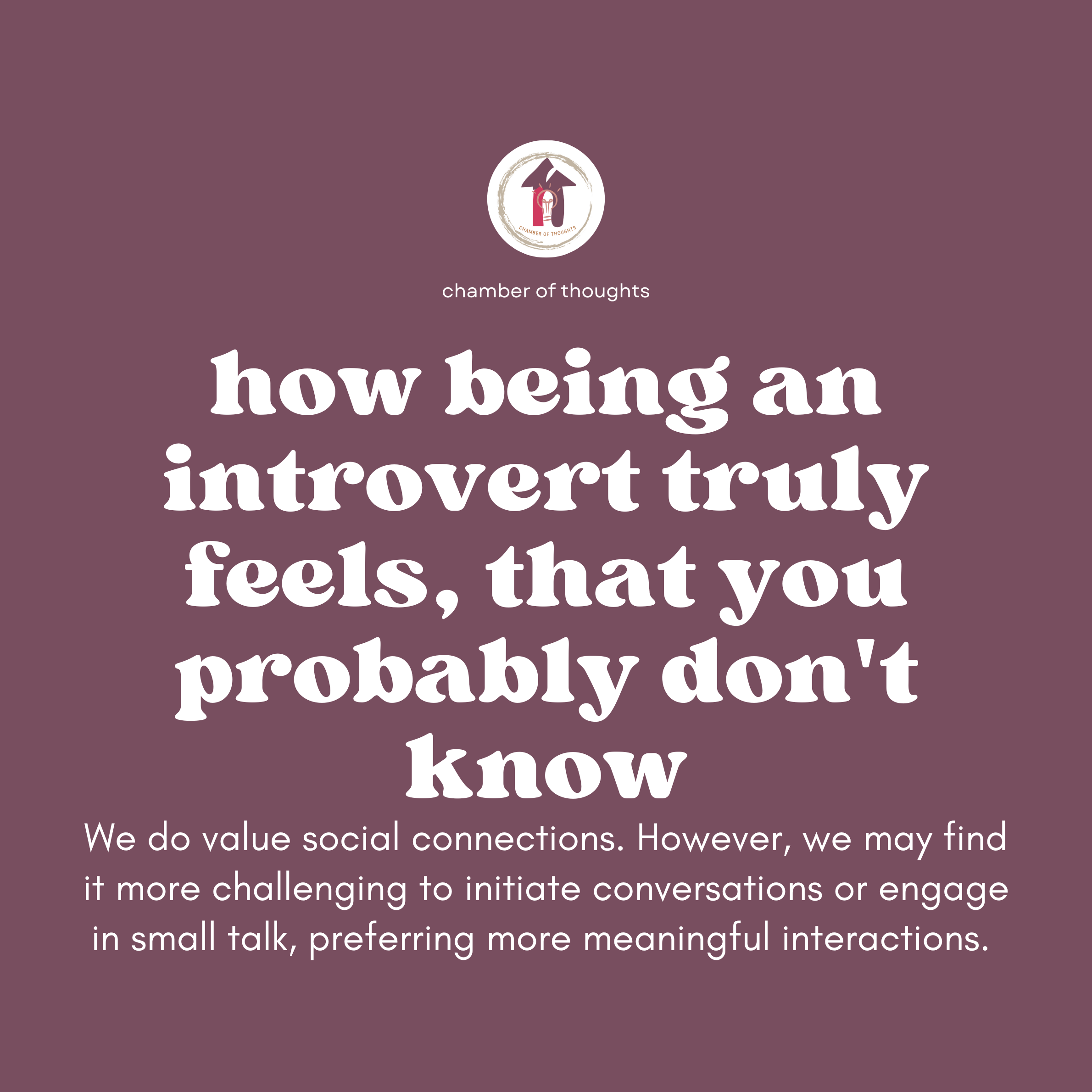Dear Girl,
If you reach this site, well probably there are just two simple and possible reasons why you did so. First, you have been single perhaps for a long time that you wish to find some answers to some questions which you might have been fraught with for quite a while and you have been asking yourself: “Will I ever meet a right guy?” or “Is there a man who walks this earth destined to love me?”
As much as you want to learn the answers to these questions at hand that might have been troubling you, these cannot be answered in an instant unlike when you posted a status on your Facebook and your friends bombard your comment box with a lot of reactions on what you posted.
The second reason, it could be that you want a message of confirmation and assurance that whoever you are dating and in a relationship with would be the exact same person who would be waiting for you in the aisle as you walk down in that exquisite white gown, in the future.
Either way, I just wanna give you a heads-up. None of your questions and messages of confirmation and assurance that you wish to get will be answered here.
Anyway, please let it be known to you that you are not the only person who happens to be in that grueling situation that you are in today. I’m not going to drop some numbers here or statistics, but I assure you there are other women of your age, and perhaps older than you, who are on the same boat with you.
If you think you have waited long enough and you are still in doubt whether the man you are with right now will be your forever guy or not, never let any of this kind of thoughts smudge this moment-to-moment unfolding of your romantic life. Overthinking about it will just ruin everything. If you love the guy, just feel the moment you are with him. Pay your doubts and fears no heed for these will just break every piece of what you and your guy have into pieces. Leave the litany of your delayed prayers, your suspended plans, and broken promises behind you whenever you two are together and wherever you two may go. Your overthinking won’t serve you any good.
I know you are one of those souls who would probably vault over a chance of settling down once you meet the guy you think you would marry; the guy you would gratify and annoy for the rest of your life. Let me be certain I understand the predicament you are in.
There are some other women out there who also feel the great pressure that has been put into your situation. You might have been pressured by the society you try to fit in. A society which only limits the functions of women to being a plain housewife and a mother. I am not talking about the underestimation of what women can do and not. It is just that, our culture has this much attention to things that concern family and marriage.
It is such a great feeling to be able to find your go-to person and the man who also gives spice to your once a lonely life in a single soul. The man who you are with as you confront each and every battle that life is throwing at you two. The man who stays with you in your highs, lows, and everything in between.
If you are with the right person, your years of contentment, pleasure, and certainty await you. There is no need to doubt what the future holds for the two of you. You just have to enjoy the feeling that’s ever-pervading every aspect of your life whenever you are with him.
Your love for him should outweigh any doubts and fears that you have towards the coming years. Who knows, when the perfect time comes, you will get answers to what your heart desires. After all, it is often the longest wait that constitutes the greatest reward.
At one with you,
Chamber of Thoughts
Credit to the owner of the photo |










